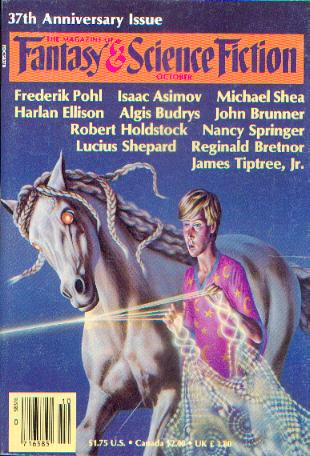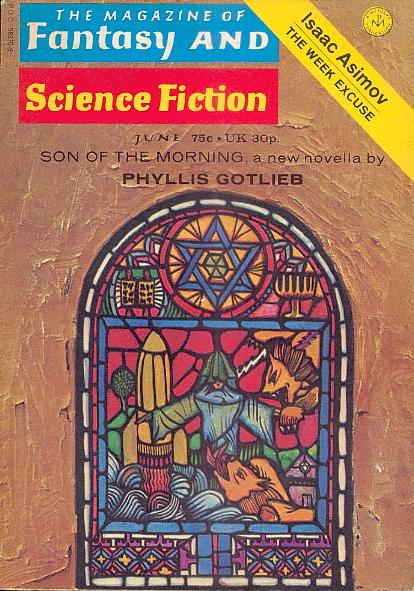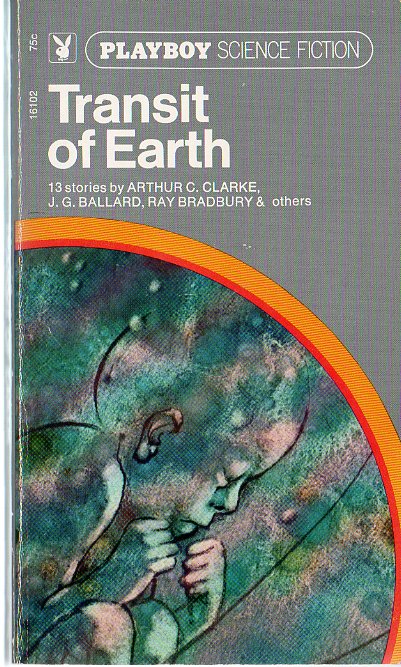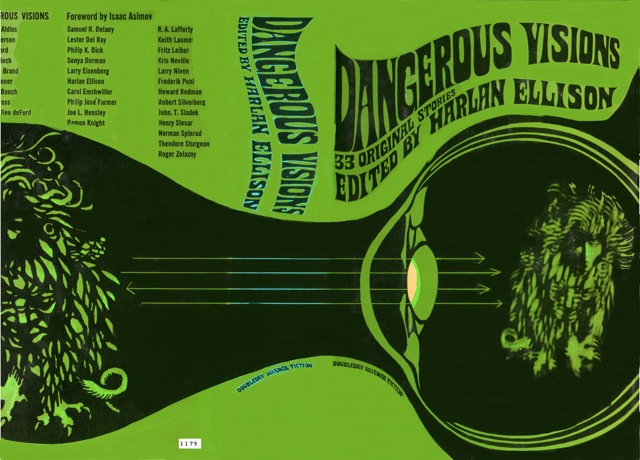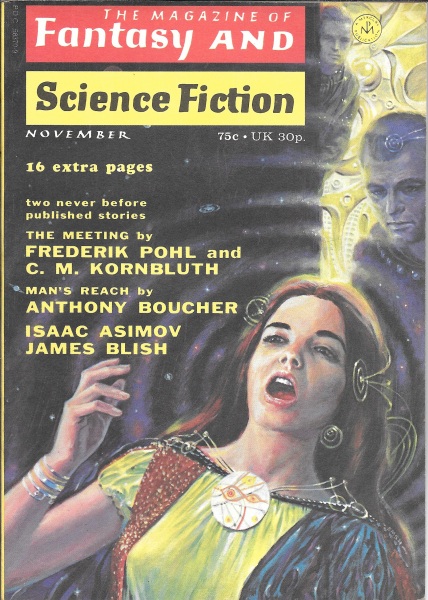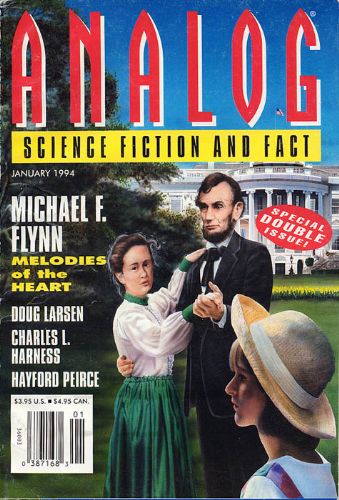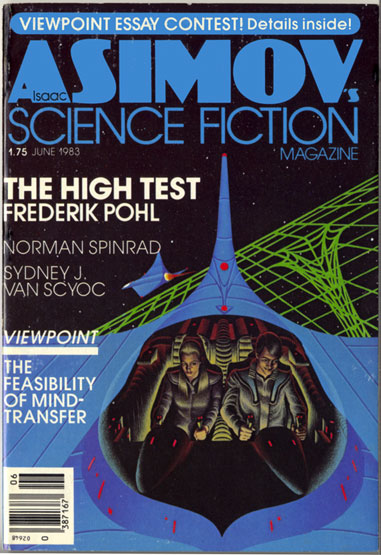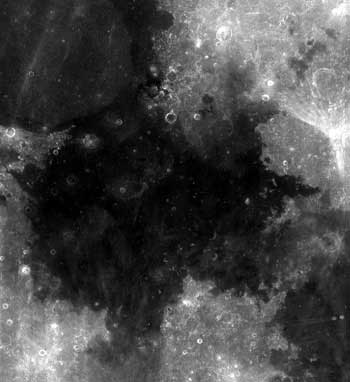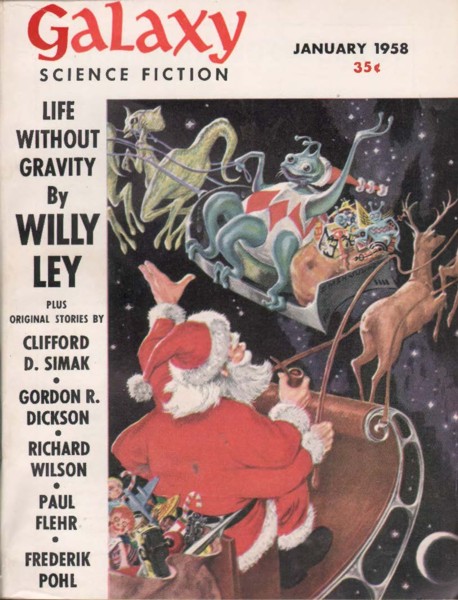
Up for the Locus award. This book could be considered a loose novel, story collection, or fix-up/suite.
We were wrong to think nothing was up on Mars. Aliens are found in a small pocket inside Mars's crust. To survive, they need a new place to stay. Earth, it is. While we're waiting for this arrival, anticipation stirs up a number of consequences.
A minor novel, this has good moments. It tosses out a nuts of our familiarity with aliens and gives them a quick twist, reinvigorating the genre with a light but shifting perspective. James Frenkel recommends it. Aliens seem to be a lens to refocus our understanding of ourselves. Nothing earth shaking. Just tiny shifts. Tremors beneath one's feet.
Probably if one did not want to read the whole novel, one could dip into a few sections. Probably taking in the first two and last two sections, and a handful between. The only must-reads are the last two, but one should have at least a little context. Perhaps because of the small shifts, the shorter tales seem to be the more effective.
One possible list of stories to linger on:
• Extract From the Congressional Record • (1988) • (for the set-up)
• A Martian Christmas • (1987) •
• Sad Screenwriter Sam • (1972) •
• The Day After the Day the Martians Came • (1967) •
• Huddling • (1988) • (see comment below)
Ending with Spoilers:
"Huddling" provides a new facet by Pohl's forever focusing on the shape of aliens casting a shadow on our own humanity. In this case, the aliens, which some humans have been looking down on, feel sorry for humans not being able to huddle and communicate like they do. A rich irony.

